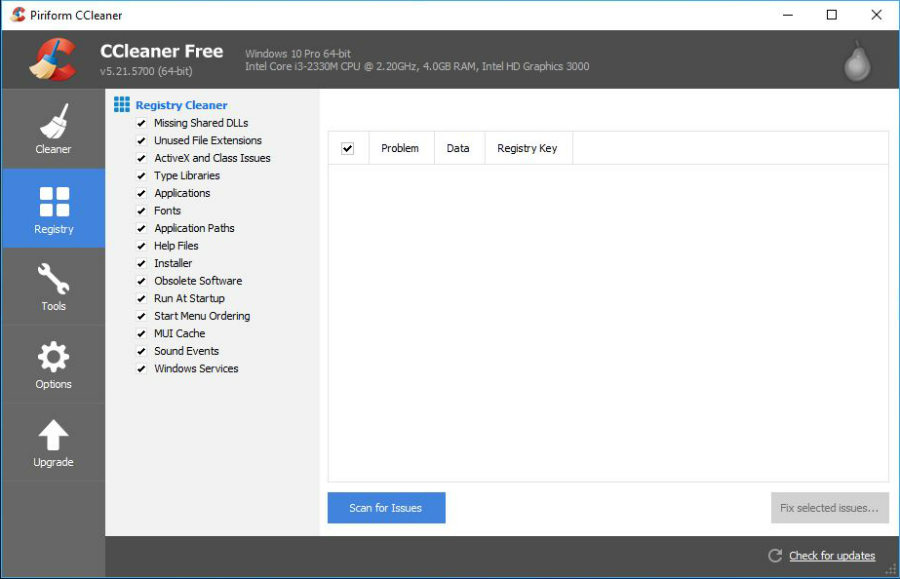
Risk‐stratifying patients according to symptoms may lead to a more equitable distribution of specialized palliative care resources to those with the greatest need and with the greatest potential for benefit.


Routine symptom screening is increasingly being implemented at cancer centers and may provide a means of identifying patients who would benefit from specialized palliative care. However, universal implementation of early specialized palliative care is not feasible, given the shortage of specialized palliative care clinicians.Ī more realistic model may be one in which basic palliative care needs are provided by oncologists, while complex problems are addressed by palliative care specialists. Randomized controlled trials have demonstrated that integration of specialized palliative care within oncology early in the course of disease improves quality of life and symptom burden.

Patients with advanced cancer suffer from multiple physical and psychosocial symptoms.


 0 kommentar(er)
0 kommentar(er)
